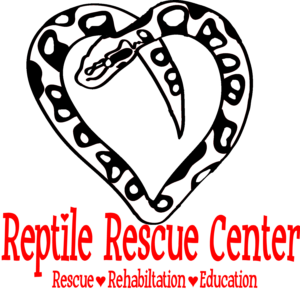It is illegal to release non-native wildlife into any area, and for good reason. Even releasing native wildlife usually requires a permit to ensure that the release is done appropriately. There are many reasons not to release reptiles and amphibians into the wild – be they non-native exotics or native species; wild-caught, long-term captives, or captive-bred.
Non-native wildlife can become an invasive species, competing for food and resources with native species. Captive herps may be carrying micro-organisms which they have developed immunity against, but that wild herps have not.
The area that you’re releasing a herp into might not be an appropriate environment for it anyway. Reptiles and amphibians have evolved to live in specific ecosystems. For example, an animal from a tropical environment will not survive living in a desert or even a temperate location. Non-native species also may not have natural defenses against predators that are different from the ones in the area in which they evolved.
Releasing reptiles and amphibians outside their home range, even if it’s a similar habitat, still usually results in the animal’s death. Keep in mind, most herps have established home ranges that they have imprinted on since birth. Year after year, they use the same resources in this home range and know where the resources are to keep them alive. When released in an unfamiliar environment, they may not be able to find food, water, shelter, shelter, a place to hibernate, or know how to avoid native predators. Studies show that as many as 80-90% of released herps do not survive through the first winter if released outside their home range.
Many people enjoy “short-term catch-and-release” – that is, catching a reptile and keeping it for short time, then letting it go again. This should only be done with caution. Always make note of where the reptile was captured so that it can be released to the same location. If you don’t think you can make it back to where you found it, DON’T take the reptile. A displaced reptile will spend more time searching for its home than hunting, will expend too much energy when it should be resting, and will come in contact with more dangers while searching for its home. Reptiles found on the road should only be moved to a safe distance off the road in the direction it was facing. Taking it miles away to “safety” will only disorient it, causing it to cross more roads than normal while trying to find its way back. Also, it’s important to only plan to keep these captives for a short time period – no more than a few days. Even if you put the animal right back where you found it, if too much time has gone by, it might have lost valuable time preparing for winter or its shelter may have been taken by another animal.
Please, think carefully before “helping” a wild reptile. While many people have good intentions, their actions still may have dire consequences for the animal involved. Instead of releasing any reptile or amphibian, please contact your local wildlife rehabilitation center or rescue.
 Follow
Follow


